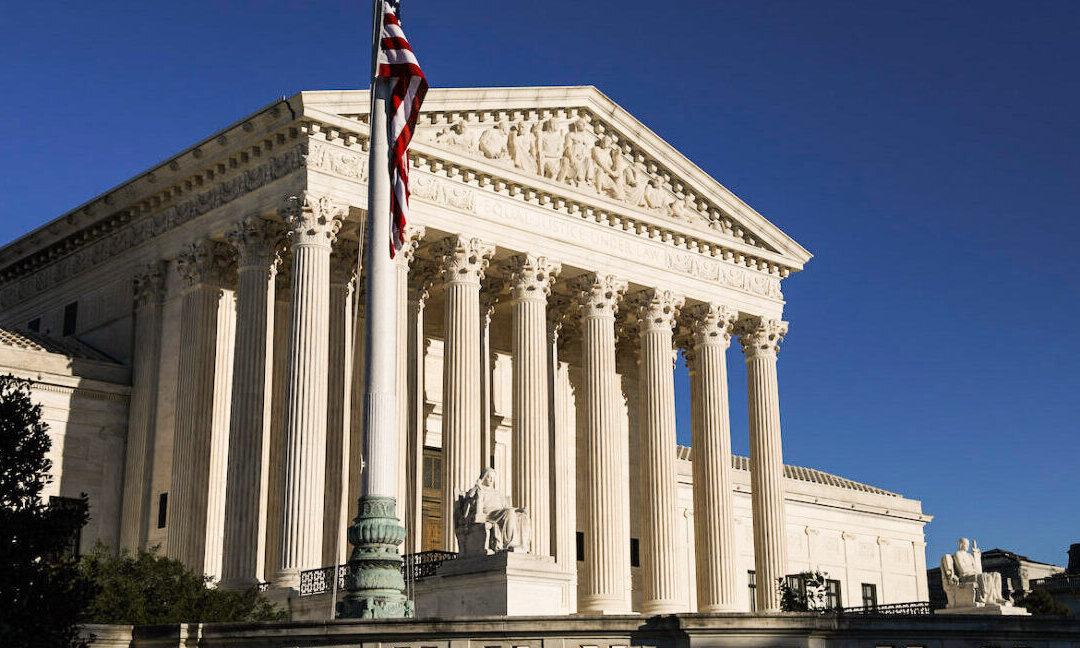There was skepticism on both sides as the nine justices of the Supreme Court heard the arguments of opposing counsel this week in a challenge to Texas’s unique new fetal-heartbeat abortion law that relies on citizen participation for enforcement.
The high-profile case moved at lightning speed, by Supreme Court standards, finding its way to oral arguments at the high court exactly two months after the controversial law took effect in the Lone Star State.





